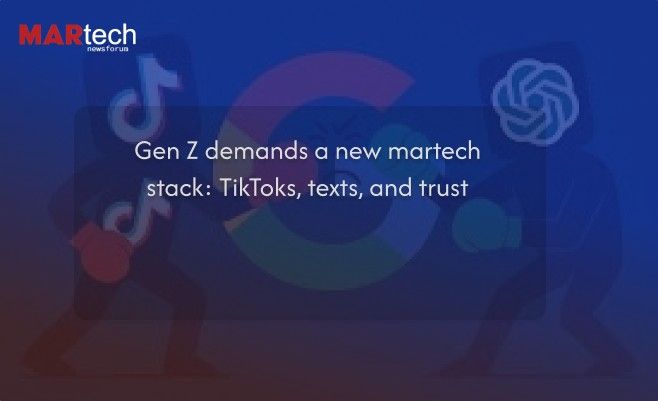
Marketers have long known that Gen Z-those born roughly between 1997 and 2012-represent the next wave of consumers. But reaching this digital-native generation requires more than just tweaking existing marketing tactics. It demands a fundamental rethinking of the MarTech stack to align with Gen Z’s unique preferences: immersive social media, direct and authentic communication, and above all, trust.
Understanding Gen Z’s Unique Marketing Expectations
Gen Z grew up with smartphones, social media, and instant access to information. Unlike previous generations, they have a deep skepticism toward traditional advertising and brands that feel inauthentic. For them, engagement means more than flashy campaigns-it means relevance, transparency, and meaningful interaction.
Their preferred channels include TikTok, Instagram Reels, Snapchat, and messaging apps like SMS and WhatsApp. This requires marketers to pivot from one-way broadcasting to conversational and content-driven approaches that feel native to these platforms.
Why the Traditional MarTech Stack Falls Short
Most existing MarTech stacks were built to optimize email marketing, website personalization, and paid digital ads. These tools often lack the agility, real-time capabilities, and channel integrations necessary to engage Gen Z effectively.
Key gaps include:
- Limited Support for Short-Form Video and Social Content
Many platforms do not natively support TikTok-style video creation, distribution, or performance analytics. - Inadequate Messaging and Conversational Capabilities
Traditional email-centric tools don’t integrate seamlessly with SMS, social DMs, or chat apps, limiting direct engagement. - Insufficient Data Privacy and Trust Mechanisms
Gen Z cares deeply about data privacy. Marketing platforms must offer transparent consent management and trustworthy data practices.
Building a MarTech Stack for TikToks, Texts, and Trust
To win with Gen Z, marketers must redesign their technology ecosystem around three pillars:
1. TikToks: Embrace Short-Form Video at Scale
Video content rules on Gen Z social feeds. Marketers need tools that facilitate:
- Easy creation and editing of vertical, short-form videos directly within marketing platforms.
- Scheduling and publishing across TikTok, Instagram Reels, and Snapchat with unified analytics.
- AI-powered content recommendations that identify trending topics and optimize video performance.
2. Texts: Prioritize Direct, Personal Communication
SMS and messaging apps offer high open and response rates with Gen Z. The new stack should:
- Integrate SMS, WhatsApp, and social DMs into omnichannel campaign workflows.
- Support conversational AI chatbots that enable real-time, personalized interactions.
- Provide compliance tools for opt-in management and privacy adherence.
3. Trust: Embed Privacy and Transparency
Trust is non-negotiable for Gen Z consumers. MarTech platforms must:
- Offer granular consent management aligned with GDPR, CCPA, and other regulations.
- Provide clear data usage disclosures and customer controls.
- Employ security features like data encryption and real-time anomaly detection.
The Role of AI and Automation in Gen Z Engagement
AI-powered personalization and automation will be critical in delivering authentic, relevant experiences at scale. From dynamically generating TikTok captions to optimizing send times for texts, AI enables marketers to act on real-time insights without manual guesswork.
Furthermore, AI can monitor sentiment and brand safety in social content, ensuring interactions resonate positively with Gen Z values.
Business Benefits of a Gen Z-Optimized MarTech Stack
Organizations that successfully adapt their stack report:
- Higher engagement rates on social and messaging channels.
- Improved brand affinity and loyalty through transparent, respectful communication.
- Faster campaign iteration with real-time video analytics and AI guidance.
- Better compliance posture reducing risk around data privacy.
Challenges and Considerations
- Integration Complexity: Combining diverse platforms requires robust API architectures and data unification.
- Talent and Skills: Teams need expertise in social content production, conversational marketing, and privacy compliance.
- Balancing Personalization and Privacy: Marketers must find the sweet spot that delivers value without feeling intrusive.
Final Thoughts
Gen Z is reshaping marketing technology demands. The future MarTech stack will be built around TikToks, texts, and trust-enabling brands to engage authentically on the channels Gen Z values most.
Marketers who act now to rethink their technology foundation will unlock a generation’s loyalty and drive growth for years to come.